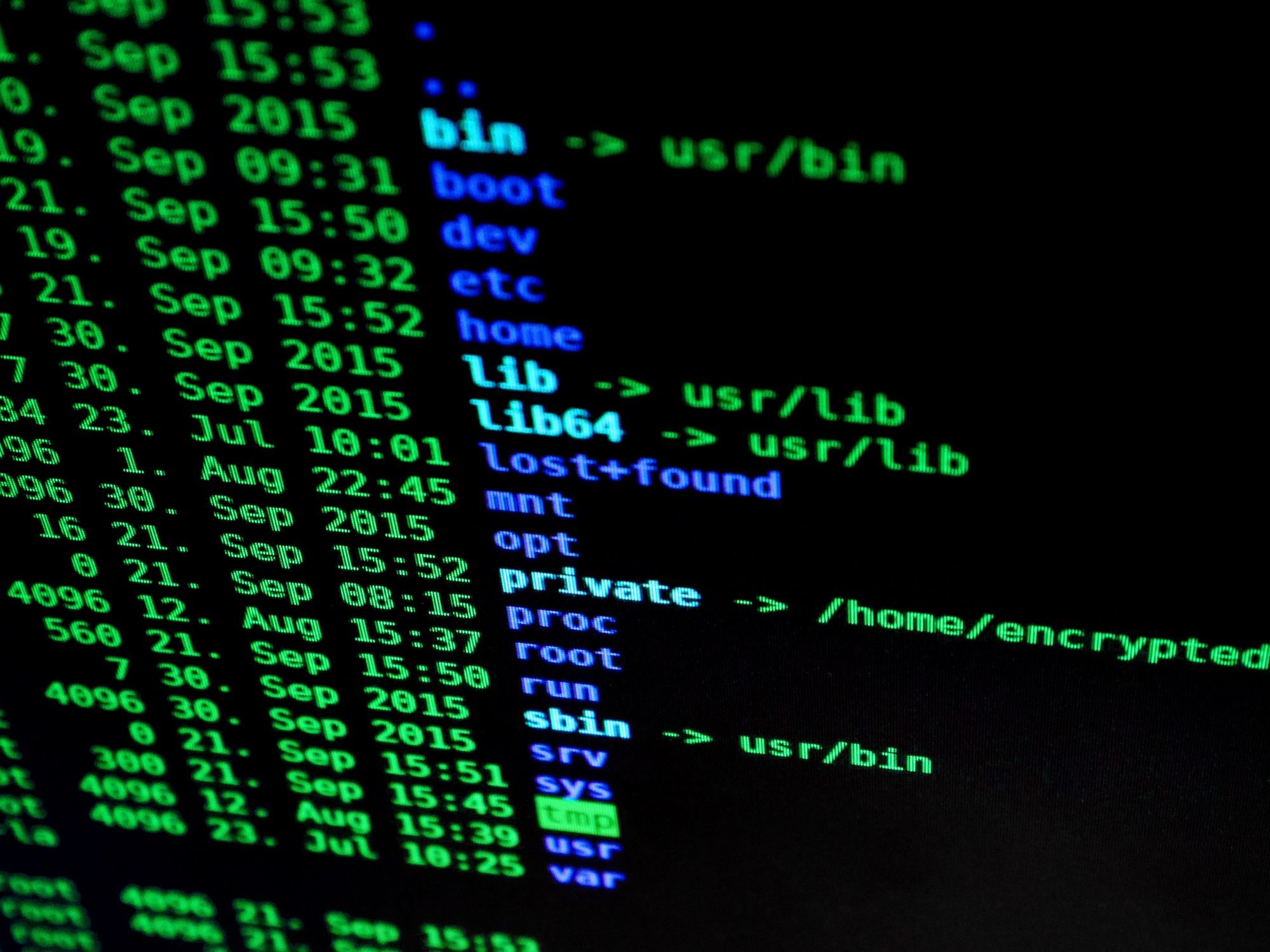1 min to read
Useful BASH Aliases for Ubuntu
Quick notes

1. Switch to root user
Any user with SUDO privileges can be used as well, it’s a matter of preference.
sudo su
2. Create .bash_aliases file under the root user home folder
# Updates
echo 'alias update="apt-get update && apt-get -y upgrade && apt-get -y dist-upgrade && apt-get autoclean && apt-get -y autoremove && apt-get clean"' | sudo tee /root/.bash_aliases
# Install Kernel Headers
echo 'alias install-headers="sudo apt-get install linux-headers-$(uname -r)"' | sudo tee -a /root/.bash_aliases
# Cleanup Old Kernels
echo 'alias remove-old-kernels="echo $(dpkg --list | grep linux-image | awk '\''{ print $2 }'\'' | sort -V | sed -n '\''/'\''`uname -r`'\''/q;p'\'') $(dpkg --list | grep linux-headers | awk '\''{ print $2 }'\'' | sort -V | sed -n '\''/'\''"$(uname -r | sed "s/\([0-9.-]*\)-\([^0-9]\+\)/\1/")"'\''/q;p'\'') | xargs sudo apt -y purge && update-grub"' | sudo tee -a /root/.bash_aliases
3. Refresh profile
source ~/.bashrc